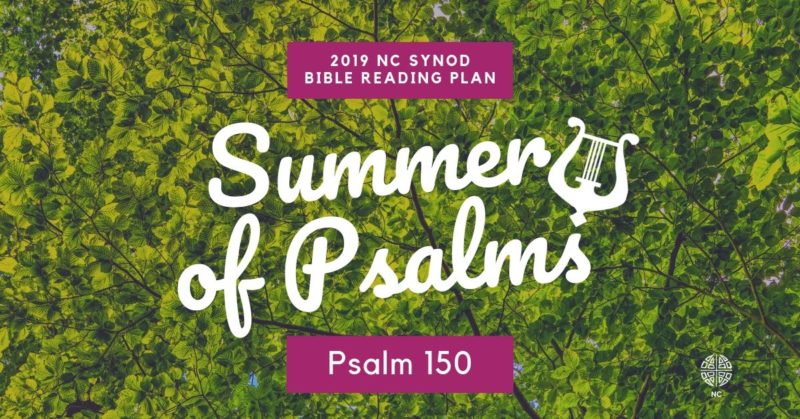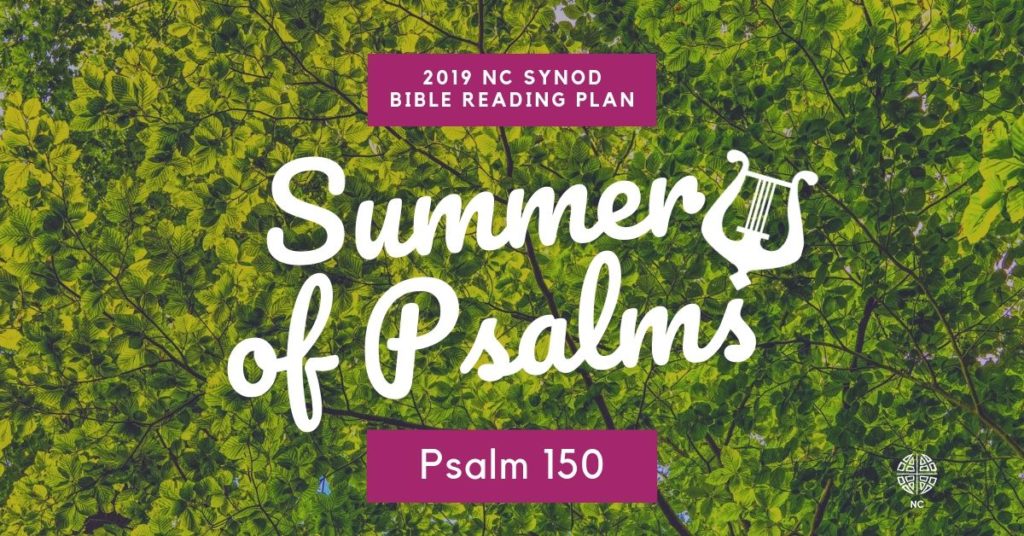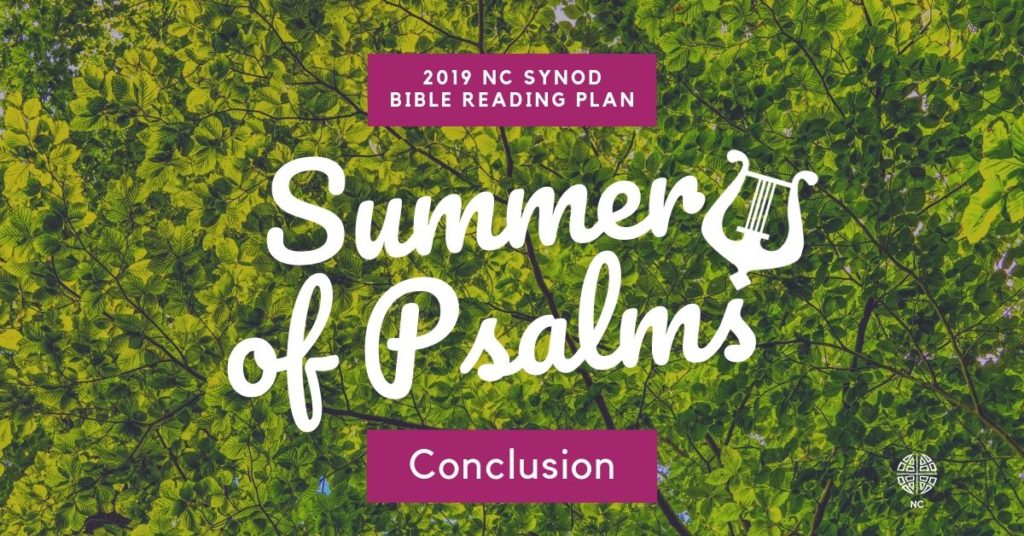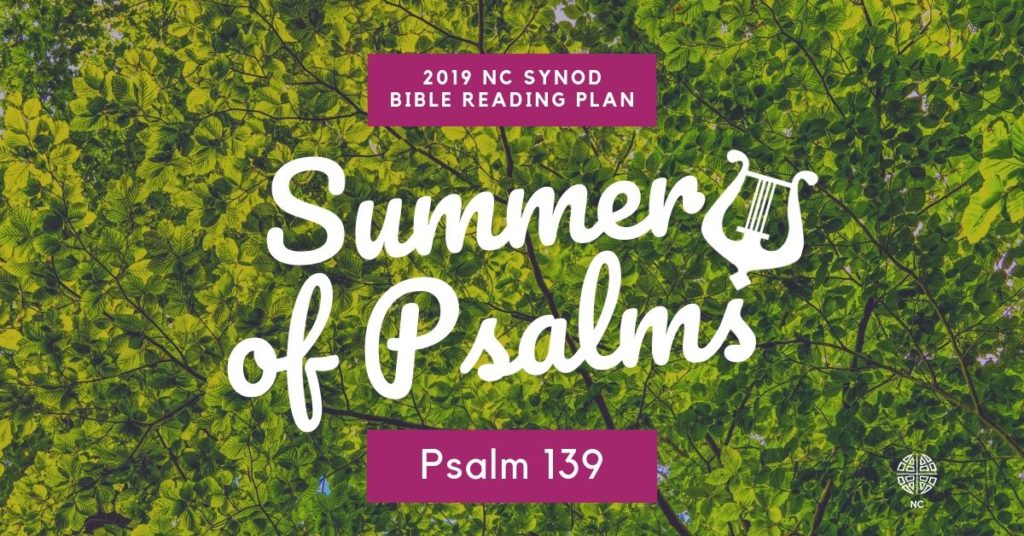Reading 24—The Five Ws
Psalm 150
READ PSALM 150
Like many of you, in elementary school, I learned that in order for a story or report to be complete, it had to answer the five Ws: who, what, when, where, and why (and sometimes a sixth question, how, is also needed). My third-grade teacher drilled this concept into our heads and I’m sure she could have used Psalm 150 as a perfect example. In only six short verses, Psalm 150 tell us who, where, and how to praise the Lord, the reasons for the praise, and who or what should do the praising. God is to be praised in God’s sanctuary and in the mighty firmament; God is to be praised on earth and in the heavens. God can and should be praised everywhere. God’s mighty acts and deeds make God praiseworthy. You and I, and everything that breathes—all living creatures—should praise God. Psalm 150 even gives us various examples of how to praise God.
When I reflect on this psalm, I’m reminded of the many places where I’ve worshiped and the various ways that I’ve praised God. The church where I worship most Sundays is a hexagonal building and at the top of each of the six walls are huge clear glass windows that extend another story high at their peak. Over the years during worship, I’ve watched rain pour, storms arrive, snowflakes fall, the leaves on the trees change colors and fall, birds fly and rest, and more. I’ve also worshiped and praised God around a campfire and in a sports arena with thousands of youth. I’ve stood in silence with the crowds in the Sistine Chapel and attended noon Lenten services at Westminster Abbey.
If your congregation has ever hosted a week of Agapé Day Camp or if your child or grandchild has been to day camp or a week of camp at Agapé+Kure Beach Ministries, you are probably familiar with one of the perennial favorite camp songs based on Psalm 150. It’s a call and response song with a simple chorus of four words (Alleluia, Alleluia, Alleluia, Amen) and exaggerated motions and fun voices as we “Praise the Lord” with trumpet sound, lute and harp, crashing cymbals, a big bass drum, and all creation. And after many years of hosting day camps and watching my nephews and niece attend, the song immediately comes to mind when I read or hear the final four verses of Psalm 150. The camp song and the Psalm give us musical examples of how to praise the Lord.
To Consider
Where are some of the places you have worshipped and praised God? Where do you find it easiest to praise God? Where do you find it difficult?
What are some of your favorite ways to praise the Lord? Is it through music or art, by being in God’s creation, or in the way you serve others? Or do you praise God in another way?
In all that we say and do, we praise you, O God, for your mighty acts and deeds. Amen.
Pebbles Cloninger worships at Philadelphia Lutheran Church in Dallas, NC, and serves on the synod’s Engage the Bible Task Group.





